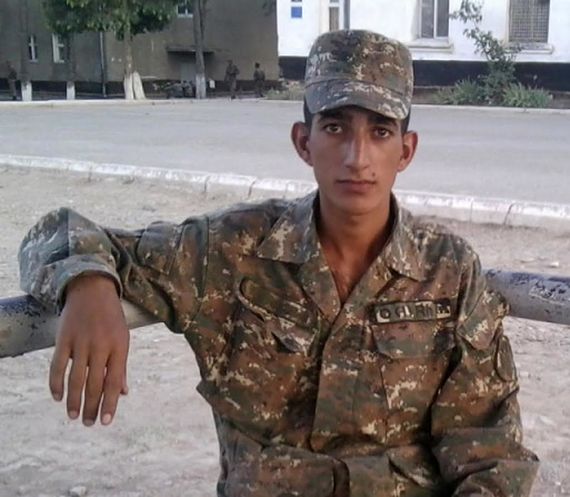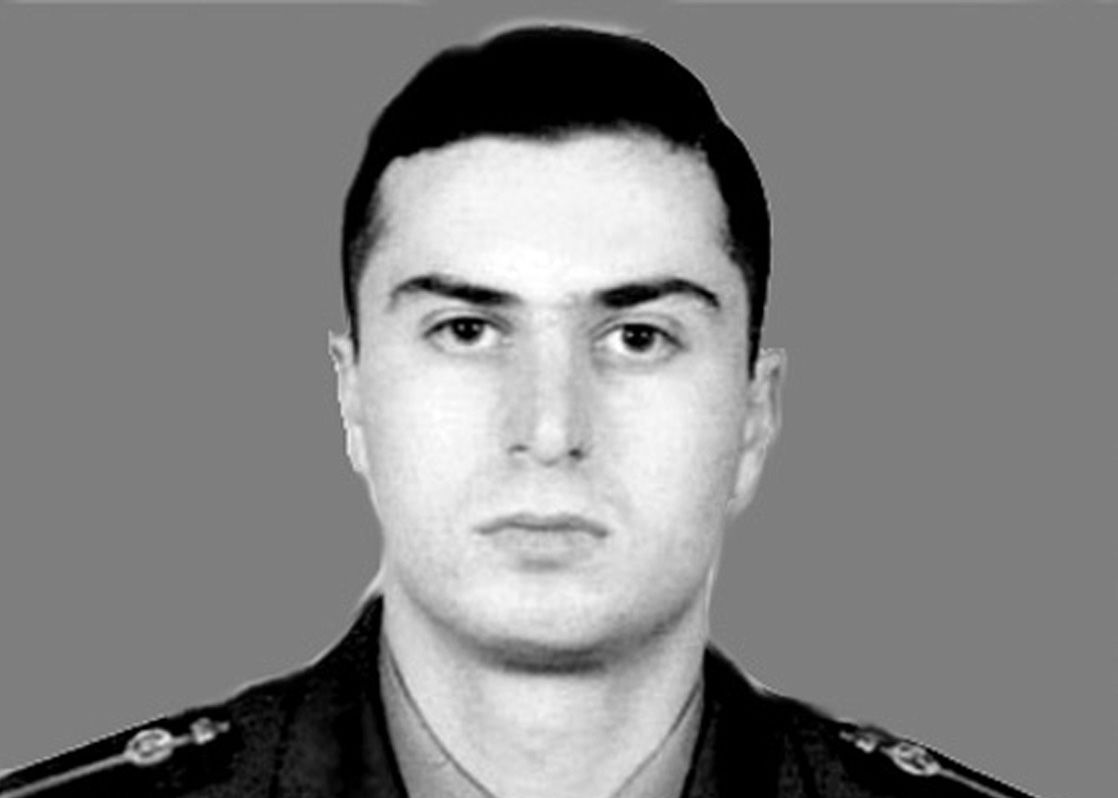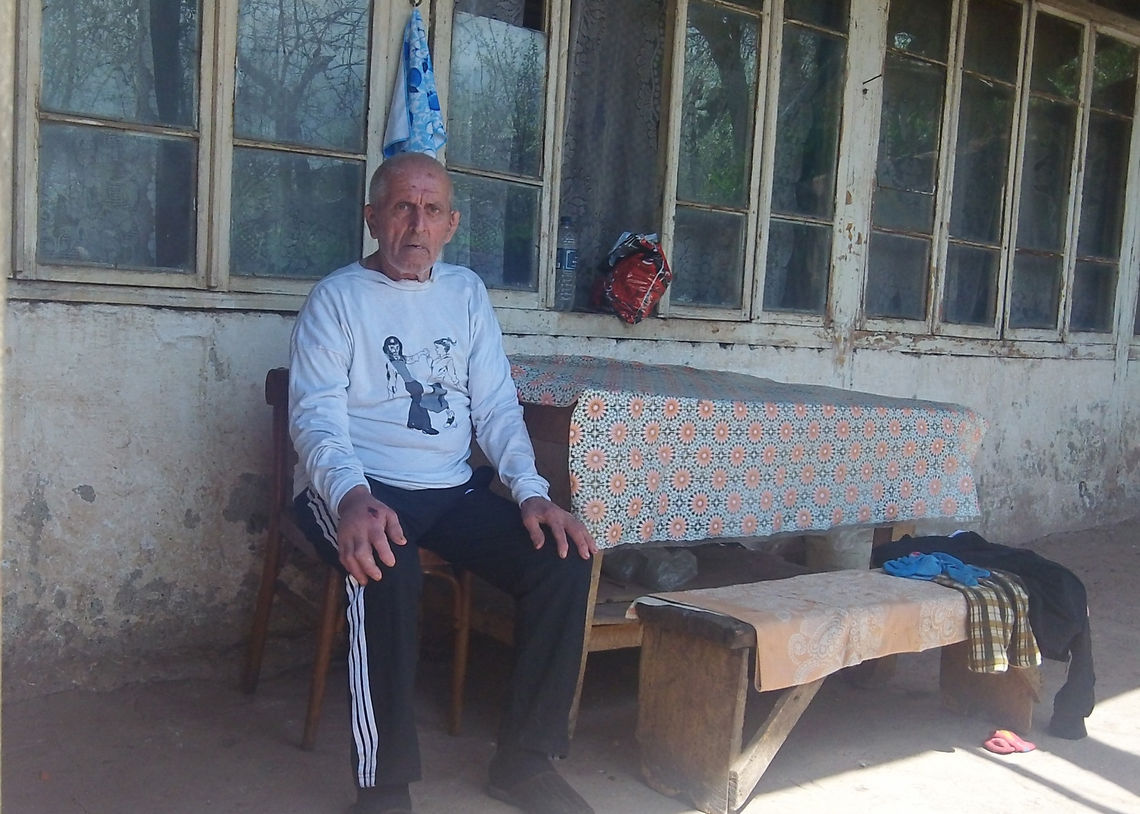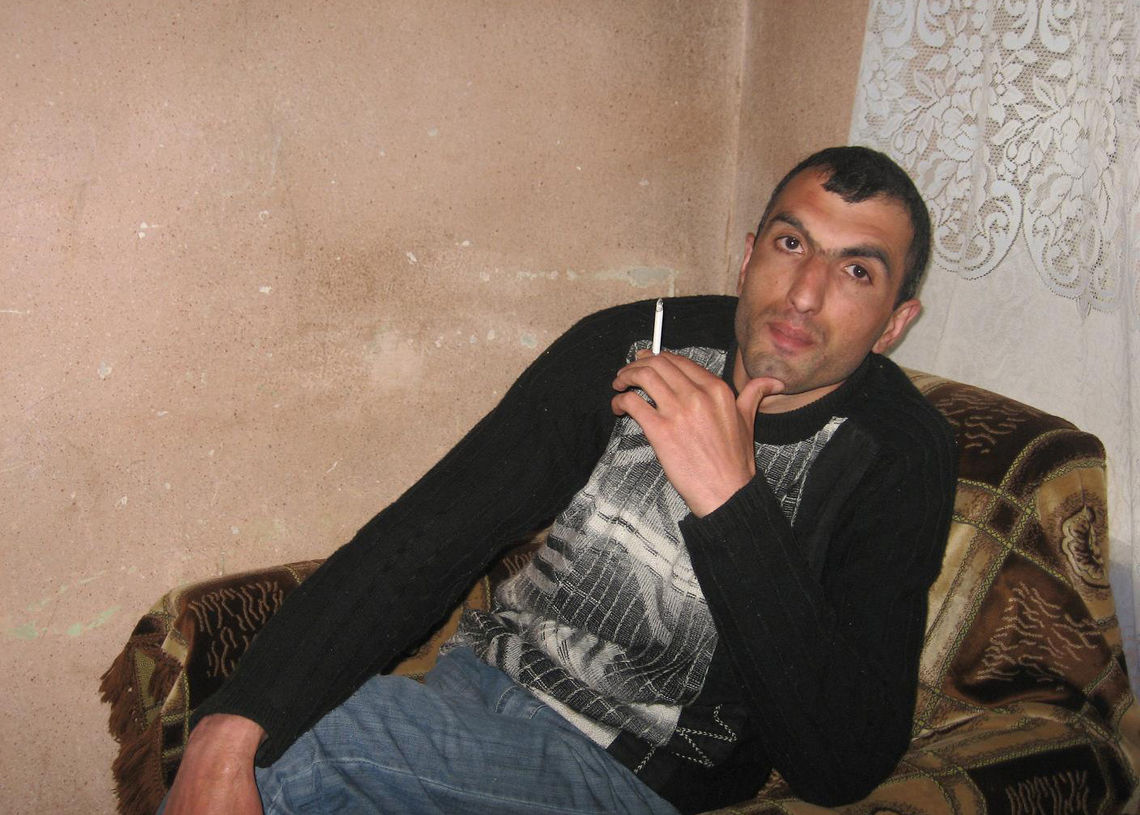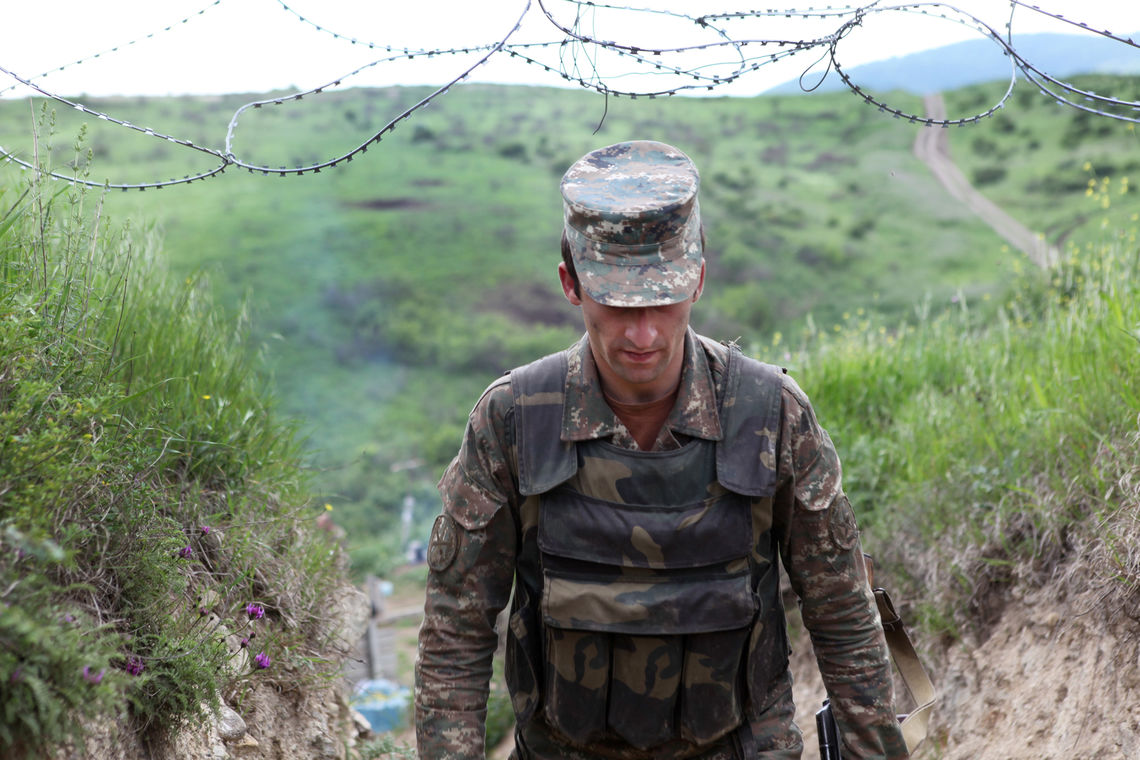
An Armenian soldier near the village of Talish, NKR. Photo credit: Roubina Margossian.
Over the course of the first four days of the war, a number of border villages came under intense Azerbaijani attack. In the early morning hours of April 2 in the village of Talish, Nagorno Karabakh, three elderly members of the Khalapyan family, including 92-year-old Marusya Khalapyan were brutally tortured, mutilated and killed
In the early morning hours of April 2, Azerbaijani armed forces launched a large scale offensive along the entire length of the Karabakh-Azerbaijan Line of Contact according to Nagorno Karabakh’s Defense Ministry. The Azerbaijani Defense Ministry, however, claimed it was the Armenian side that launched the offensive.
This upsurge of violence, the worst since the 1994 ceasefire agreement, came to be known as the Four Day or April War.
During the most intense fighting (April 2- 5), multiple-launch missile systems, heavy artillery, tanks, cluster munitions, attack drones and highly trained special forces were deployed. Azerbaijan was able to seize small but strategically important pieces of territory inside Nagorno Karabakh. There are conflicting reports as to the exact number of military and civilian deaths. At the time, it was reported that up to 200 people on both sides were killed.
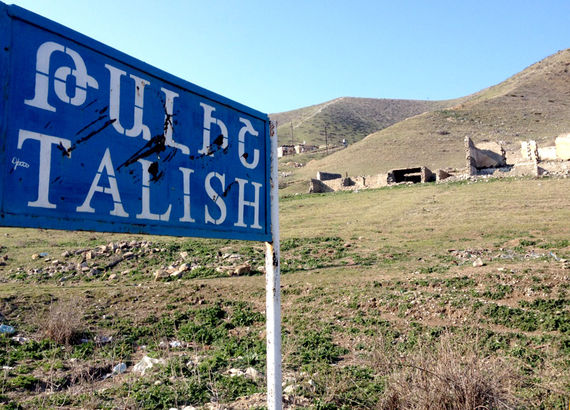
The village of Talish, NKR was evacuated on April 2. Its residents have yet to return.
Azerbaijani War Crimes Committed During the April War
Over the course of the first four days of the war, a number of border villages came under intense Azerbaijani attack. In the early morning hours of April 2 in the village of Talish, Nagorno Karabakh, three elderly members of the Khalapyan family, including 92-year-old Marusya Khalapyan were brutally tortured, mutilated and killed.
Three servicemen, Hrant Gharibyan, Hayk Toroyan and Kyaram Sloyan were beheaded by Azerbaijani military in the vicinity of Talish; photos of Azerbaijani soldiers posing with the head of Private Kyaram Sloyan were shared on social networks. Their cases have been submitted to the European Court of Human Rights.
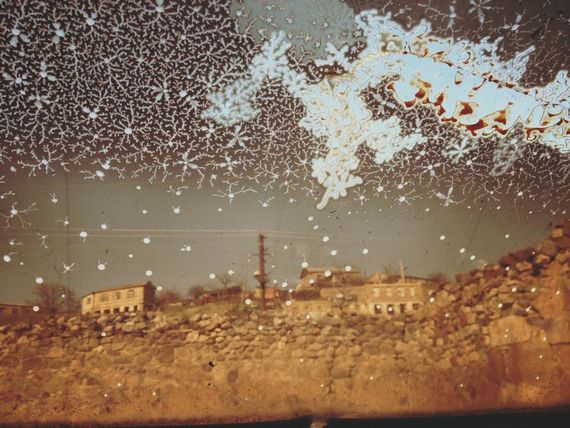
The village of Talish was evacuated on the night of April 2, 2016. None of its residents have returned to date.
Hate Speech, Incitement to Violence
Announcements made by public officials in Azerbaijan and media reports in Azerbaijani press over the course of the past two decades are clear evidence of hate speech and incitement to hatred of the Armenians. A number of Human Rights Treaties including the International Covenant on Civil and Political Rights (ICCPR), not only permit states to prohibit hate speech but actually require them to do so.
Article 20 of the ICCPR adopted by the UN on 16 December 1966 and entered into force on 23 March 1976 states: “Any advocacy of national, racial or religious hatred that constitutes incitement to discrimination, hostility or violence shall be prohibited by law.”
Hate speech directed toward Armenians are used in Azerbaijani textbooks, starting from the 5th grade onwards. Research done by conflict specialist Arif Yunusov cited in “Armenophobia in Azerbaijan” by A. Adibekyan and A. Alibegova and further corroborated by research (and surveys) conducted by Anahit Hakobyan in her study “State Propaganda through Public Education: Armenia and Azerbaijan” shows that hatred toward Armenians is nurtured in Azerbaijan from a young age through a concerted state policy.
In Azerbaijan, unlike the case of Armenian history textbooks, the image of Armenia and Armenians appears from the fifth grade, which is the first year of national history instruction. First appearing in the fifth grade the image of Armenians develops in each year textbook and reaches its culmination in the eleventh and last year textbook.
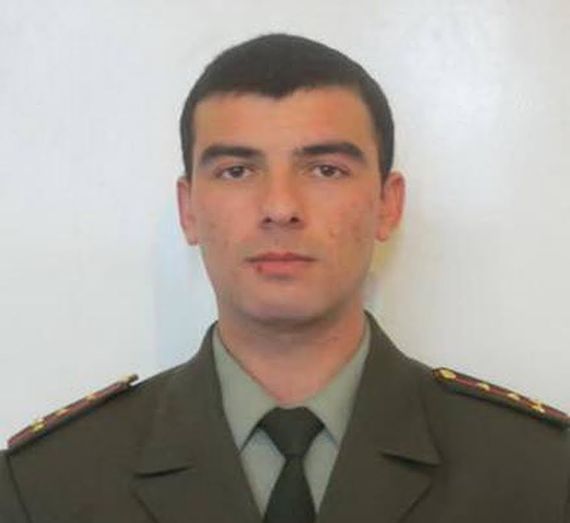
Hayk Toroyan
